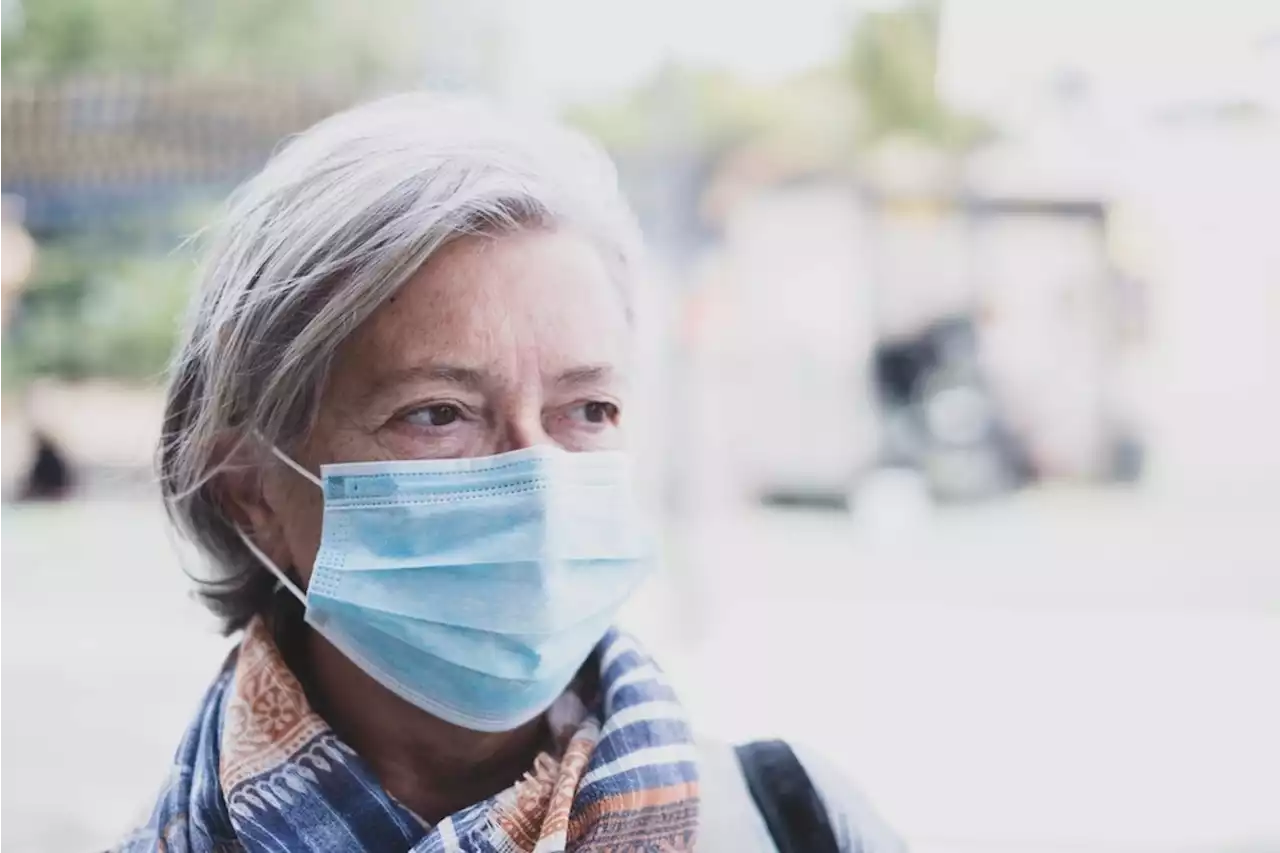The known and proposed interactions of SARS-CoV and SARS-CoV-2 with DNA damage response pathways _ZewailCity_ RIMUHC1 SARSCoV2 SARSCoV DNA DNAdamage virus covid coronavirus
By Tarun Sai LomteJul 19 2022Reviewed by Danielle Ellis, B.Sc. In a recent study published in the Journal of Genetic Engineering and Biotechnology, researchers reviewed the consequences of infection with severe acute respiratory syndrome coronaviruses on the host DNA damage response .
Interactions of SARS-CoV-1 proteins with host proteins In one study, researchers identified interactions between the non-structural protein 13 of SARS-CoV-1 and the host polymerase δ, which plays a crucial role in genome replication. They demonstrated an interaction between the polymerase’s p125 subunit and nsp13. nsp13 forms a part of the viral replication and transcription complex, pivotal for viral replication.
Related StoriesResearchers observed increased RCHY1-mediated degradation of the tumor suppressor p53. The targeted p53 degradation could enhance viral replication since p53 acts as an antiviral factor promoting immune response and downregulating viral replication. Interactions between the viral membrane protein and phosphoinositide-dependent kinase 1 were discovered, albeit the cellular consequences of this interaction remain unclear.
SARS-CoV-2 nsp1 is key to regulating viral replication and increases infectivity by downregulating the antiviral pathways of the host. It has been demonstrated that nsp1 interacts with all subunits of the DNA polymerase α. Because the polymerase is crucial for DNA replication initiation and non-homologous end joining , the authors suggested that nsp1-polymerase α interactions might cause replication stress and defects in NHEJ.
Canada Latest News, Canada Headlines
Similar News:You can also read news stories similar to this one that we have collected from other news sources.
 Study results encourage SARS-CoV-2–infected mothers breastfeed to protect infants from COVIDStudy results encourage SARS-CoV-2–infected mothers breastfeed to protect infants from COVID Antibodies ChildHealth Coronavirus Disease COVID SARSCoV2 breastmilk cordblood newborn pregnant glycoprotein
Study results encourage SARS-CoV-2–infected mothers breastfeed to protect infants from COVIDStudy results encourage SARS-CoV-2–infected mothers breastfeed to protect infants from COVID Antibodies ChildHealth Coronavirus Disease COVID SARSCoV2 breastmilk cordblood newborn pregnant glycoprotein
Read more »
 What is the impact of SARS-CoV-2 variant booster vaccinations?What is the impact of SARS-CoV-2 variant booster vaccinations? medrxivpreprint UofR SARSCoV2 COVID19 Booster Vaccination
What is the impact of SARS-CoV-2 variant booster vaccinations?What is the impact of SARS-CoV-2 variant booster vaccinations? medrxivpreprint UofR SARSCoV2 COVID19 Booster Vaccination
Read more »
 Analyzing whether SARS-CoV-2 nucleocapsid and spike proteins stimulate dendritic or γδ T cellsAnalyzing whether SARS-CoV-2 nucleocapsid and spike proteins stimulate dendritic or γδ T cells tcddublin SARSCoV2 COVID19 Spike DendriticCells
Analyzing whether SARS-CoV-2 nucleocapsid and spike proteins stimulate dendritic or γδ T cellsAnalyzing whether SARS-CoV-2 nucleocapsid and spike proteins stimulate dendritic or γδ T cells tcddublin SARSCoV2 COVID19 Spike DendriticCells
Read more »
 Scientists evaluate immunostimulatory glycolipid against SARS-CoV-2 infectionA new study showed that 7DW8-5, an immunostimulatory glycolipid impeded three respiratory viral infections, including SARS-CoV-2, in vivo.
Scientists evaluate immunostimulatory glycolipid against SARS-CoV-2 infectionA new study showed that 7DW8-5, an immunostimulatory glycolipid impeded three respiratory viral infections, including SARS-CoV-2, in vivo.
Read more »
 Study shows that older adults can generate robust, long-lived memory against SARS-CoV-2 following infectionStudy shows that older adults can generate robust, long-lived memory against SARS-CoV-2 following infection SARSCoV2 infection COVID19 coronavirus covid immunity HSN_Sudbury thenosm UConn LancetLongevity
Study shows that older adults can generate robust, long-lived memory against SARS-CoV-2 following infectionStudy shows that older adults can generate robust, long-lived memory against SARS-CoV-2 following infection SARSCoV2 infection COVID19 coronavirus covid immunity HSN_Sudbury thenosm UConn LancetLongevity
Read more »
 Study suggests COVID-19 vaccination may be associated with short-term changes in usual menstrual cycle lengthStudy suggests COVID-19 vaccination may be associated with short-term changes in usual menstrual cycle length HarvardChanSPH michiganstateu harvardmed BrighamWomens vaccine vaccination COVID19 coronavirus covid menstrualcycle menstruation
Study suggests COVID-19 vaccination may be associated with short-term changes in usual menstrual cycle lengthStudy suggests COVID-19 vaccination may be associated with short-term changes in usual menstrual cycle length HarvardChanSPH michiganstateu harvardmed BrighamWomens vaccine vaccination COVID19 coronavirus covid menstrualcycle menstruation
Read more »
